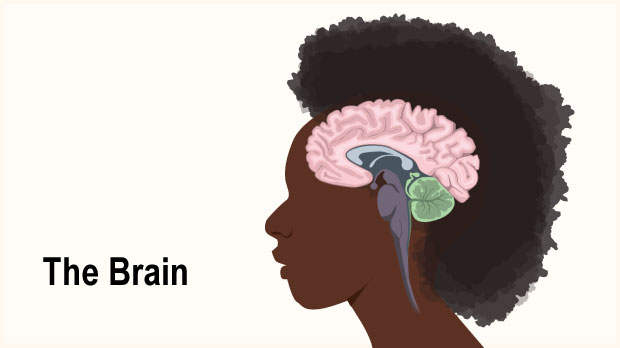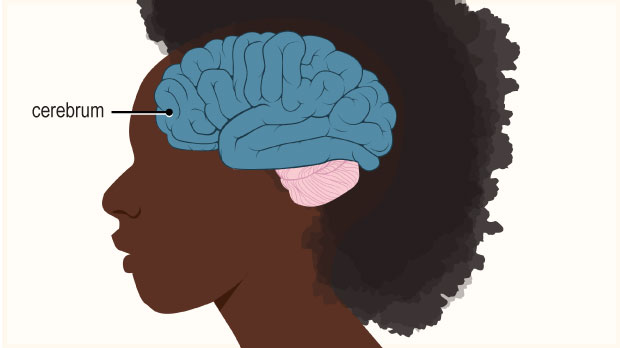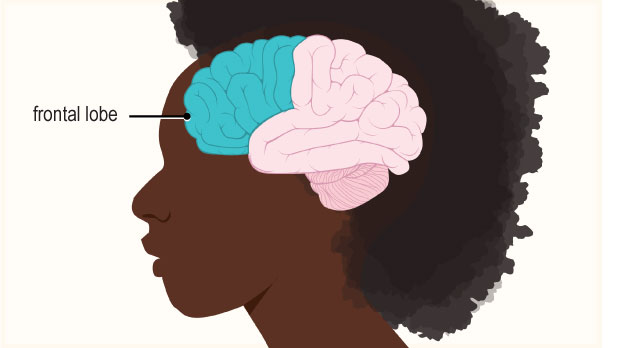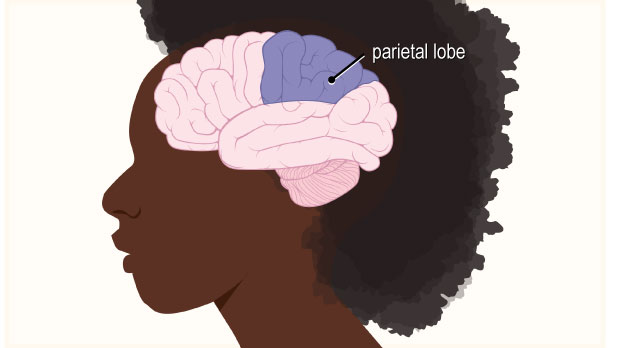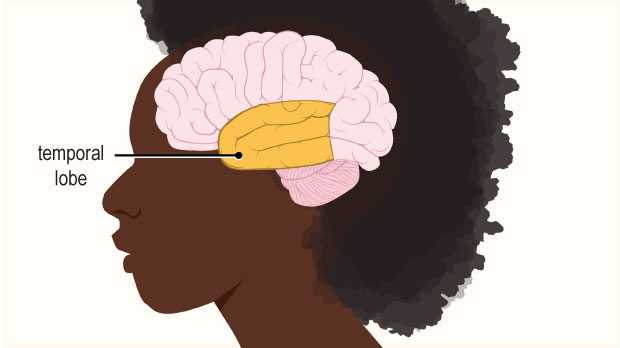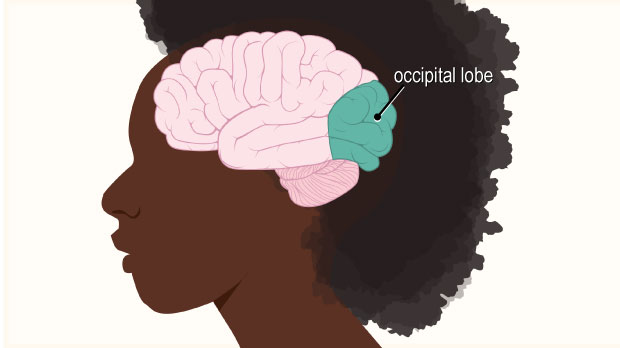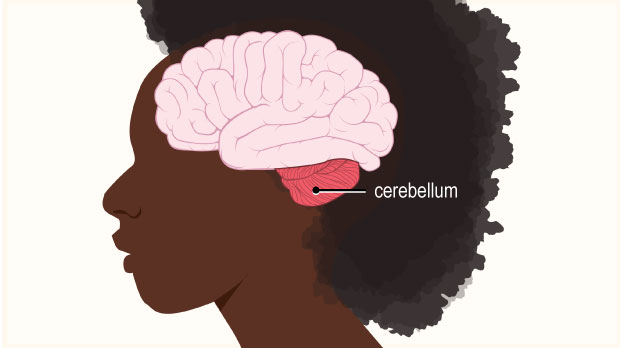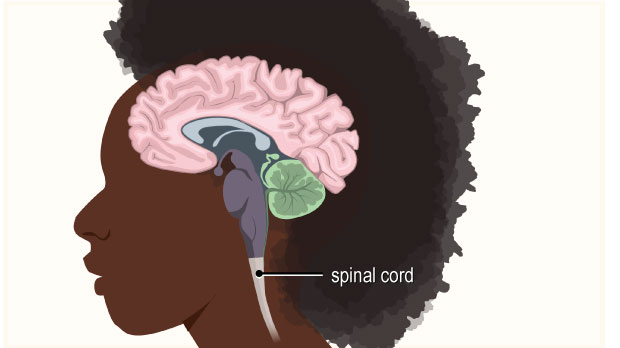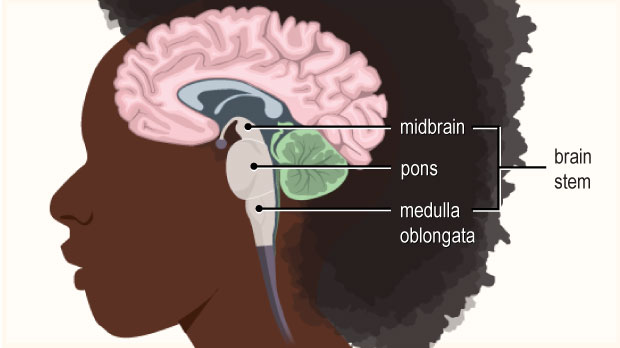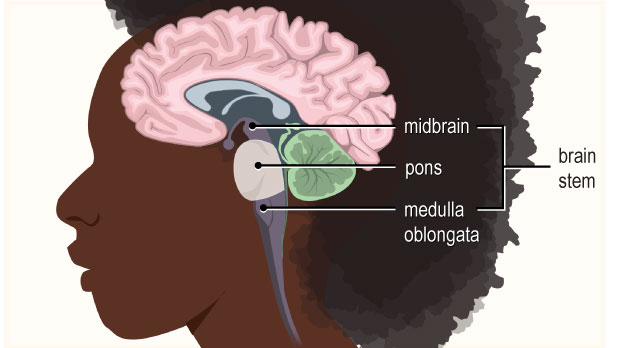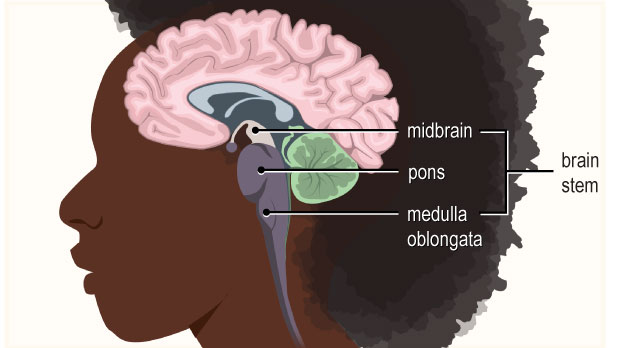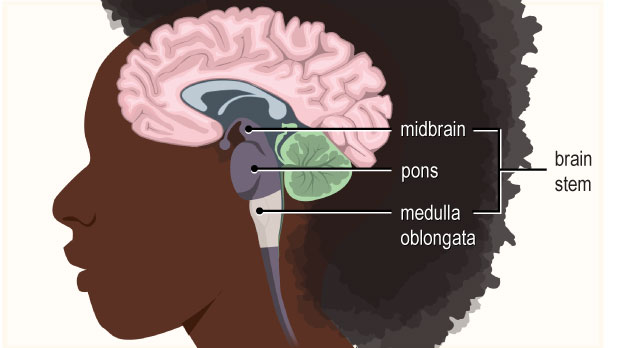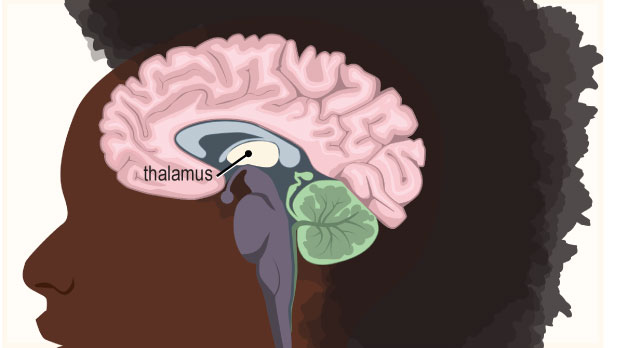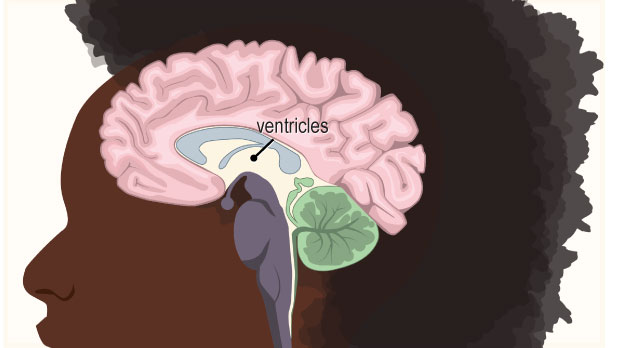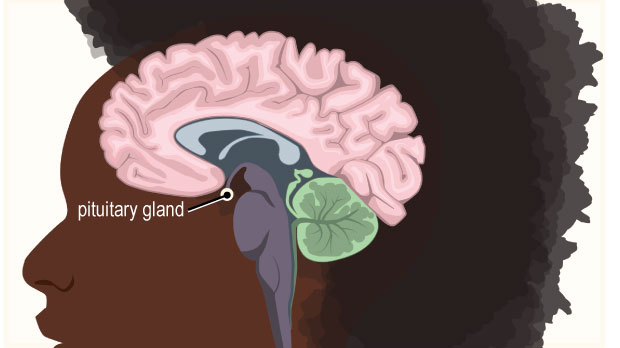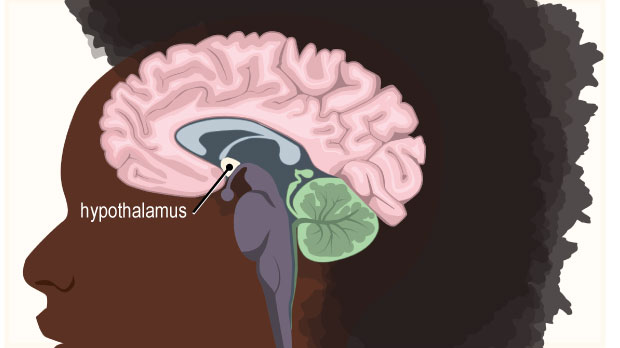Seizures
What Is a Seizure?
A seizure (SEE-zhur) is unusual electrical activity in the brain that can cause changes in behavior, movement, or feelings. Normally, electrical activity in the brain involves neurons (nerve cells) in different areas sending signals at different times. During a seizure, many neurons fire all at once.
Not all kids who have had one seizure will have another. Epilepsy is when someone has repeated seizures. Some kids will outgrow seizures.
What Happens in a Seizure?
Normally, electrical activity in the brain involves neurons (nerve cells) in different areas sending signals at different times. During a seizure, many neurons fire all at once.
What Are the Different Types of Seizures?
Some seizures affect both sides of the brain, while others involve only one side.
Generalized seizures affect both sides of the brain. Generalized seizure types include:
- generalized tonic-clonic seizures
- absence seizures
- atonic seizures
- tonic seizures
- myoclonic seizures
Focal seizures affect a single area in one side of the brain. Focal seizures types include:
- focal aware seizures
- focal impaired awareness seizures
- focal to bilateral generalized tonic-clonic seizures
Some people have both focal and generalized seizures.
What Are the Signs & Symptoms of a Seizure?
Signs and symptoms of seizures depend on what kind of seizure someone has. They may stare into space or have jerking movements in part of their body or the whole body. Some people may show no signs at all.
What Happens After a Seizure?
After a seizure, the person may feel confused, tired, have a headache, or have other symptoms. This is called the postictal (post-IK-tul) phase. It usually lasts just a few minutes, but can be longer.
What Causes Seizures?
The most common type of seizure in children is from a fever (called a febrile seizure). Other causes include infections, low blood sodium, medicines, drug use (amphetamines or cocaine), brain injury or a tumor, and genetic changes. Sometimes, a seizure's cause is never found.
How Are Seizures Diagnosed?
If a child has a seizure, doctors will ask questions and do an exam. Sometimes no testing is needed. If it is, tests may include:
- blood tests and urine (pee) tests to look for infections or illnesses
- an EEG to measure brain wave activity
- a VEEG, or video electroencephalography (EEG with video recording)
- a CAT scan, MRI, or PET/MRI to get very detailed images of the brain
Some kids who’ve had a seizure need to see a pediatric neurologist (a doctor who treats brain, spine, and nervous system problems).
How Are Seizures Treated?
How doctors treat seizures depends on their cause (if known) and the type of seizure. Some won’t need any treatment.
Medicines can help with many types of seizures. If medicine doesn’t work, other treatments are available.
How Can Parents Help?
If your child had a seizure, talk to the doctor about:
- any medicines your child should take
- any “triggers” (such as fever, flashing lights, hunger, lack of sleep, or medicines) that can make a seizure more likely
- any precautions your child should take while swimming or bathing
- whether your child should wear a medical ID bracelet
- whether your child needs to see a neurologist
- if it’s OK for your teen to drive
- how to keep your child safe during a seizure. Share this information with caregivers, coaches, and staff at your child’s school.
If your child has another seizure, keep a record of:
- when it happened
- how long it lasted
- what happened right before the seizure
- what happened during and after the seizure
This information will help the doctor find what’s causing the seizures and decide on the best treatment.
What Else Should I Know?
If your child has seizures, reassure them that they’re not alone. Your doctor and the care team can answer questions and offer support. They also might be able to recommend a local support group. Online organizations can help too, such as:
Reviewed by: Courtney Nelson, MD
Date Reviewed: Jan 1, 2024













